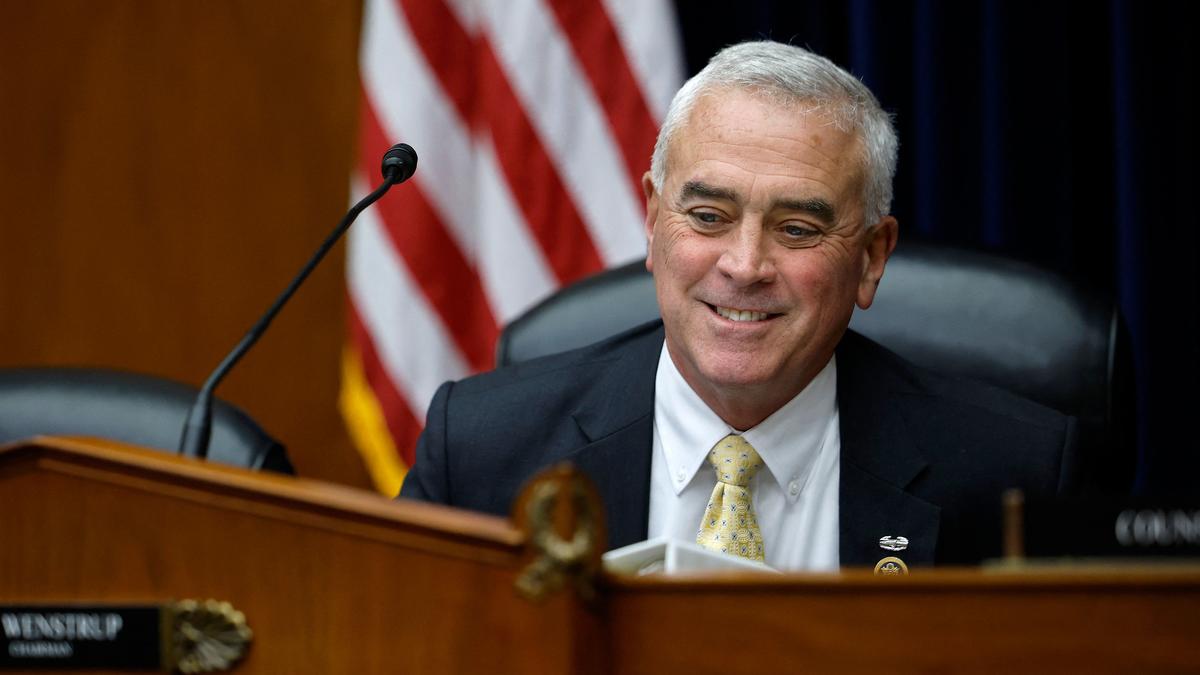
What did the Republican-led U.S. Congressional report on COVID’s origins find? | Explained Premium
The Hindu
The report’s highlight is that SARS-CoV-2 possibly emerged from a laboratory leak. The report found this conclusion on inferred or circumstantial claims made early during the pandemic.
The story so far: A U.S. Congressional committee led by Republican Brad Wenstrup has concluded that the COVID-19 pandemic was the result of the spread of a virus that likely leaked from a research facility in Wuhan, China.
The final report of the Select Subcommittee on the Coronavirus Pandemic, established in February 2023, was published on December 2, 2024. The report runs over 500 pages and, according to committee members, will serve as a roadmap for government action during future pandemics.
“A future pandemic requires a whole-of-America response managed by those without personal benefit or bias,” Mr. Wenstrup wrote. “We can always do better, and for the sake of future generations of Americans, we must.”
The report’s highlight is that SARS-CoV-2, the virus responsible for the COVID-19 pandemic, possibly emerged from a laboratory leak. The report finds this conclusion on inferred or circumstantial claims made early during the pandemic.
For example, it quotes an unclassified factsheet from January 2021 published by the U.S. State Department that said: “The U.S. government has reason to believe that several researchers inside the WIV [Wuhan Institute of Virology] became sick in autumn 2019, before the first identified case of the outbreak, with symptoms consistent with both COVID-19 and common seasonal illness.” The report itself does not directly prove the lab-leak theory, however.
The report also quotes previous statements by Alina Chan, a molecular biologist at the Broad Institute of the Massachusetts Institute of Technology and Harvard University, in June 2024 in support of the lab-leak theory. In one of these statements, Dr. Chan says the virus emerged in Wuhan, which is also home to China’s “foremost research lab for SARS-like viruses”, and that Shi Zhengli, a senior virologist at WIV, “has been researching SARS-like viruses for over a decade and even initially wondered if the outbreak came from the WIV”.
But at a conference called ‘Preparing for the Next Pandemic: Evolution, Pathogenesis and Virology of Coronaviruses’ in Japan on December 4, Dr. Shi reportedly refuted the claim that the viruses she was studying were ancestors of the SARS-CoV-2 pathogen. She had earlier promised to sequence the genomes of 56 betacoronaviruses she and her team had collected between 2004 and 2021 and were studying. She presented the sequencing data and its analyses at the conference. (The latter have yet to be peer-reviewed.)











